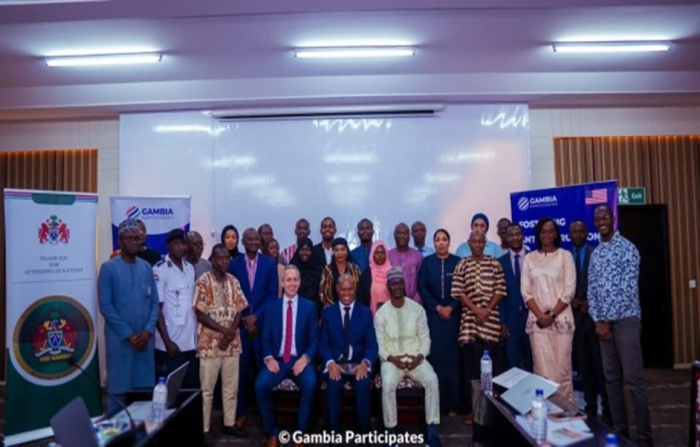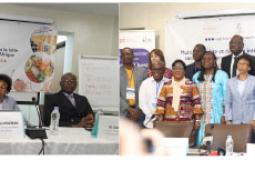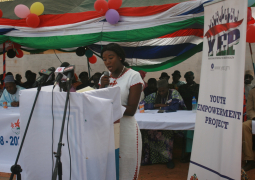
Passed in 2023, the Anti-Corruption Act establishes a robust legal framework to identify, prevent, and penalise corruption across both public and private sectors. The workshop aimed to equip officials with the knowledge required to implement the law effectively and uphold ethical standards in governance.
Mr Marr Nyang, Executive Director of Gambia Participates, underscored the importance of the Act in the national fight against corruption. He expressed gratitude to the Ministry of Justice and the U.S. Embassy for their continued support in promoting good governance.
Robert Anderson, Deputy Chief of Mission at the U.S. Embassy, reiterated the United States’ commitment to supporting The Gambia’s anti-corruption efforts.
“Fighting corruption remains a national security and foreign policy priority for the United States. Corruption is not a victimless crime—it erodes democracy, distorts markets, deters honest businesses, and blocks essential services. It also exacerbates transnational challenges such as migration, organised crime, and instability,” he stated.
Delivering a statement on behalf of the Attorney General and Minister for Justice, Solicitor General Hussain Thomasi highlighted the government's resolve to enforce the Act and build institutional capacity.
“Public officials are the primary actors within this legal framework. Their full understanding of the Act is essential for its successful implementation. Every public servant must be aware of their duties, limitations, and the penalties associated with misconduct,” he said.
Thomasi noted that the legislation covers a wide range of offences, including gratification, abuse of office, fraudulent conduct, obstruction of justice, and bribery. He warned that without proper awareness and commitment, the law’s transformative potential could be undermined by misinterpretation or neglect.
The workshop forms part of a broader initiative to promote legal literacy and institutional accountability. With support from the Ministry of Justice and the U.S. Embassy, Gambia Participates continues to lead efforts to ensure that public officials are well-informed and equipped to uphold the principles of integrity and transparency.
Read Other Articles In National News

UNICEF, stakeholders back every child to nutritious diet in first months
Sep 25, 2024, 11:09 AM




